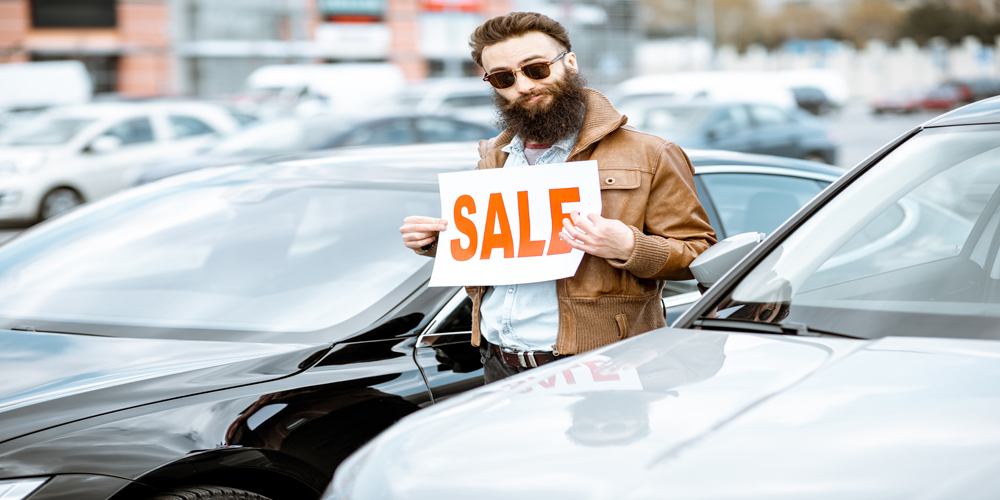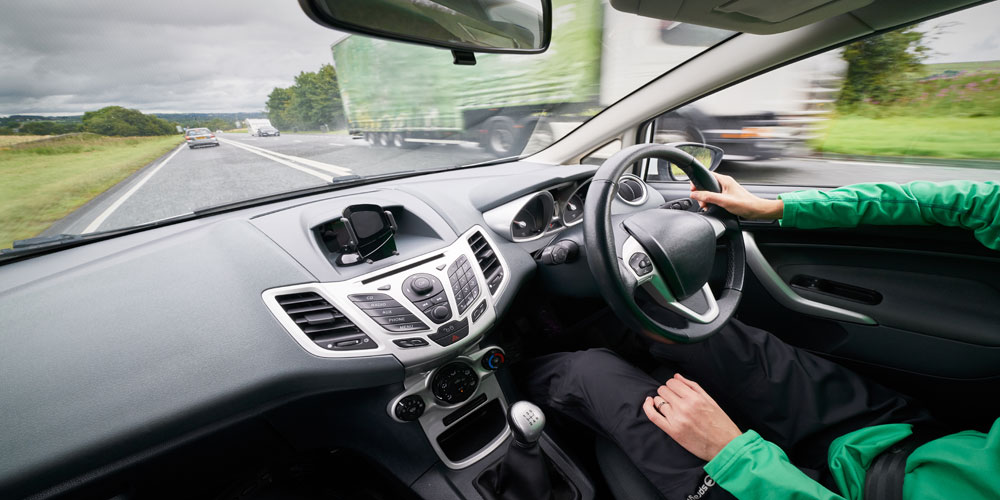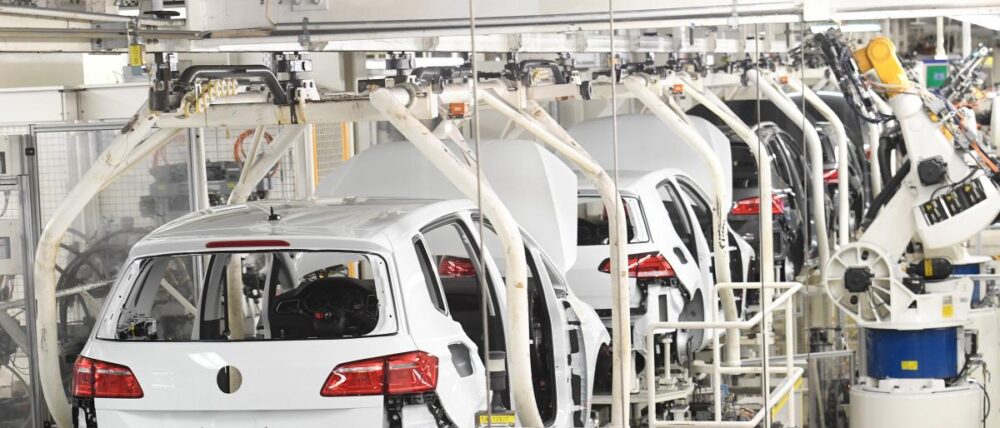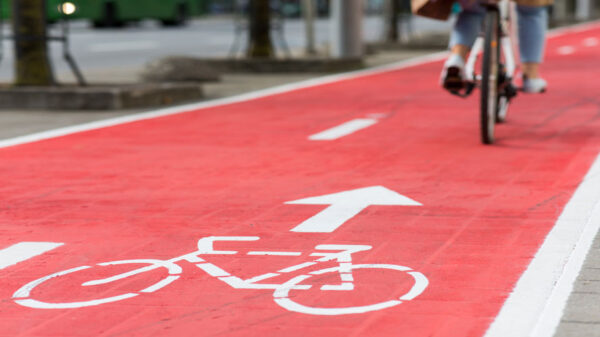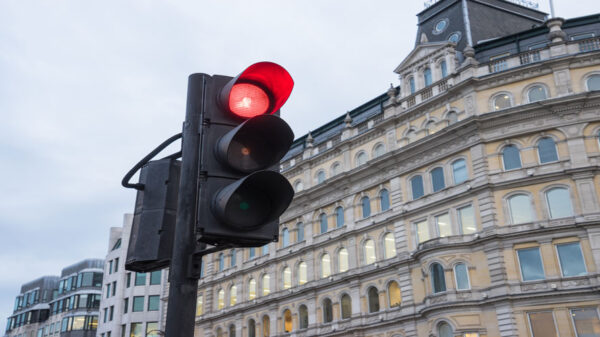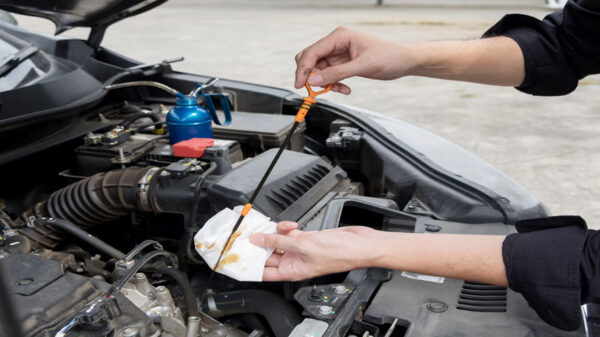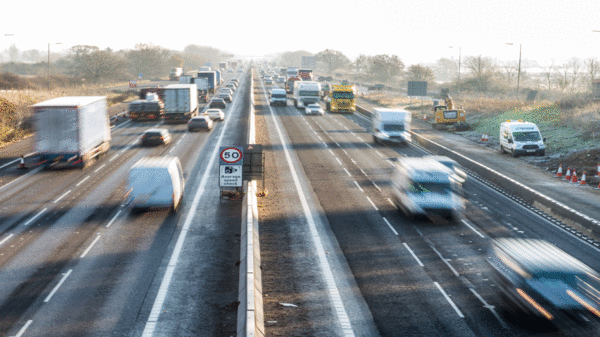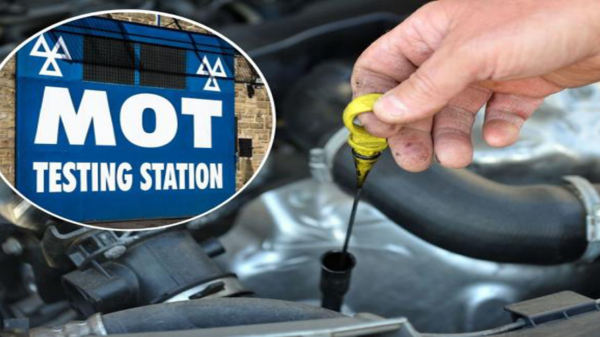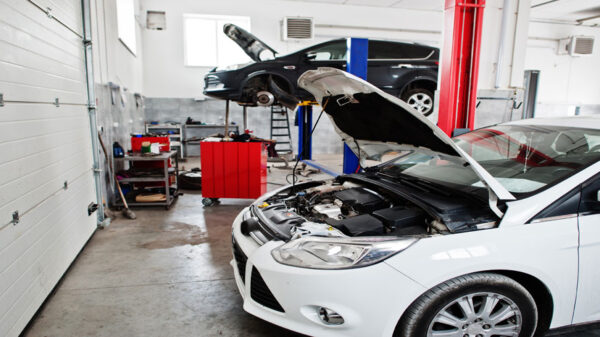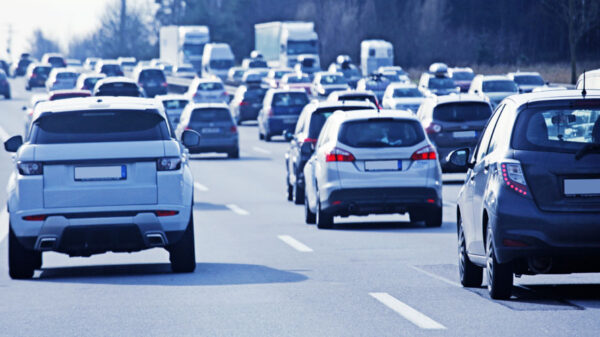Uber Appeals over Tribunal Ruling Giving Drivers Benefits
An appeal by Uber against a ruling that its drivers are entitled to benefits such as holiday pay is due to be heard at an Employment Appeals Tribunal. In October, drivers won the right to be classed as workers, rather than self-employed, meaning they are entitled to the minimum wage and paid rest breaks. The tribunal ruled the idea its 30,000 drivers could be linked by a common platform was “faintly ridiculous”. But Uber insists its drivers like the freedom of being their own boss.
Last year, two drivers, James Farrar and Yaseen Aslam, argued that they were employed by the company but did not have basic workers’ rights. They claimed the company was acting unlawfully by not paying holiday or sick pay. The pair no longer work for Uber.
Mr Farrar told the BBC: “Uber tell you that you are your own boss, but in reality I don’t control the fare. If I take a different route other than the one I’ve been given I’ll be penalised. I’m performance managed through a ratings system and if I hit 4.4 I’m out of a job. I don’t know who the customer is, so I can’t ever develop a customer database that I can work with. I can’t take the booking myself, so there’s very little control.”
Being self-employed means you are not subject to workplace rules and your rights are governed by the contract not statutory rights.
As a worker, there must be a contract which requires the driver to carry out duties personally and rights and benefits are guaranteed by the company.
The ruling could threaten to significantly increase the operating costs of companies, like private hire and delivery firms, that use people who work on demand or those in the “gig economy”. Recent estimates suggest more than a million people are working under such arrangements.
Uber says the tribunal’s decision was wrong in law and maintains its drivers are independent contractors.
The BBC understands that it will also argue it is no more than an agent putting the driver and his or her customer together. Uber executive Fred Jones told the BBC it was appealing because 80% of its drivers would rather be self-employed than a worker.
When asked why Uber considers its drivers to be independent small businesses he said: “They have complete control and autonomy of how they work on the app. “So, they can pick how many hours they work, there are no set shifts, there’s complete control of how they use it, and it’s this flexibility which is the reason why they really enjoy working with Uber.”
The company says it has invested in a number of changes, including discounted illness and injury cover, paid waiting time and the ability to cash out fares at any time.
The Independent Workers Union of Great Britain says the case is about whether employers in this economy are allowed to “get away with bogusly classing the people that work for them… in order to avoid giving them basic employment rights”.
The tribunal hearing is due to last two days, with a ruling reserved to a later date.



